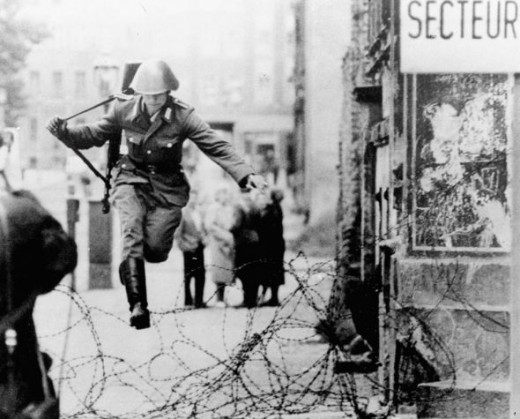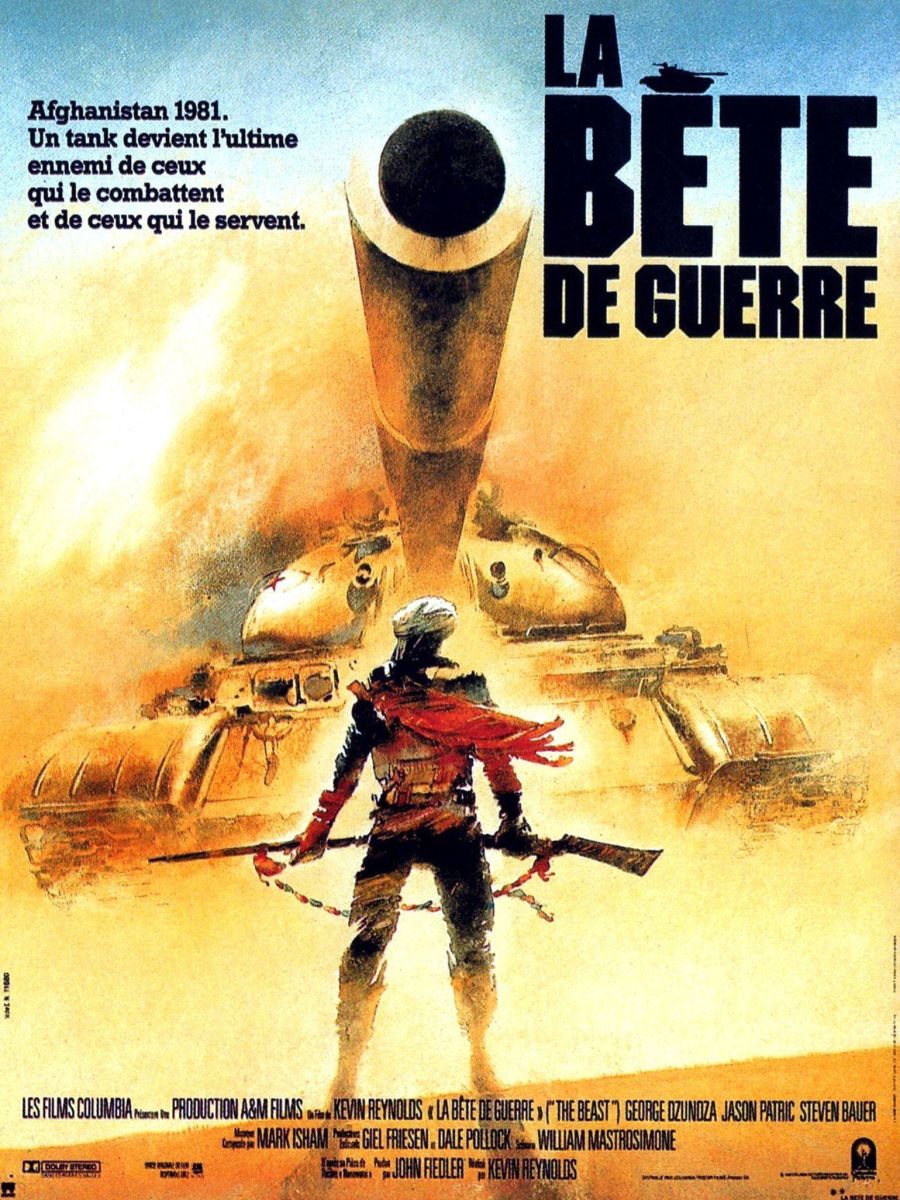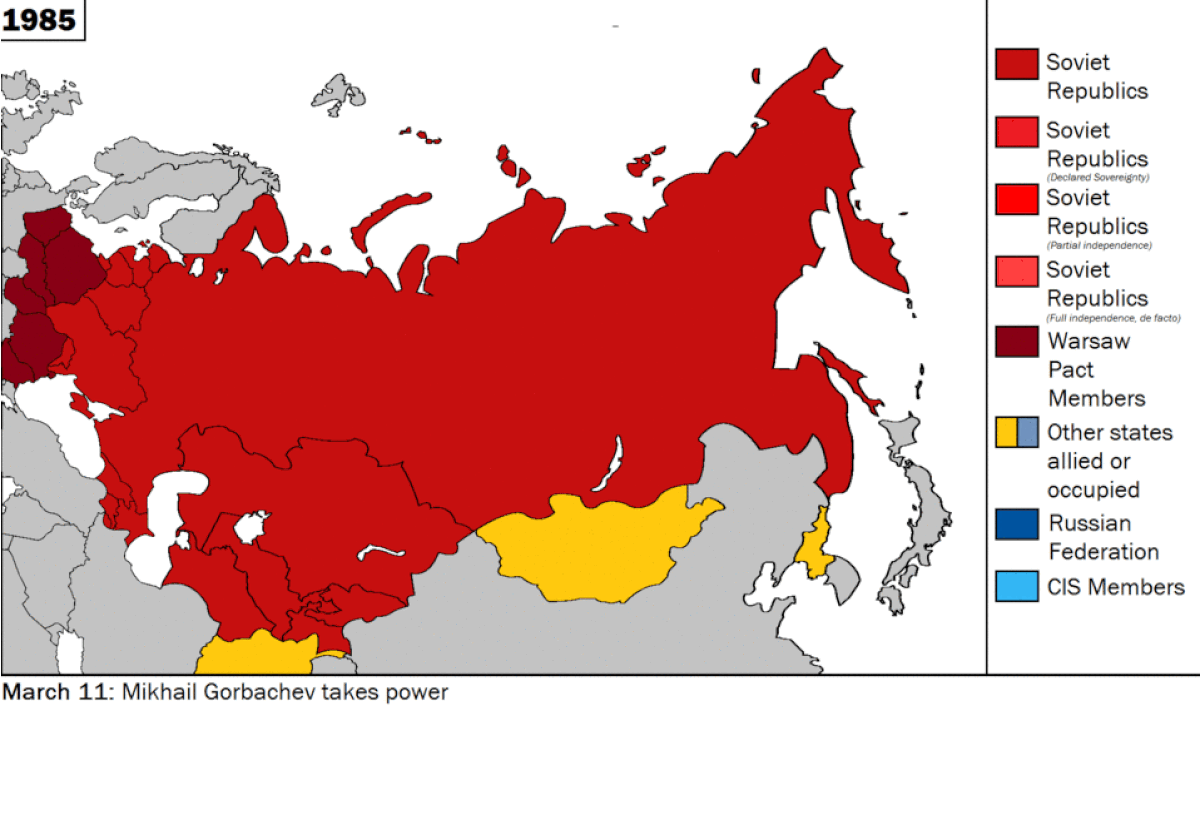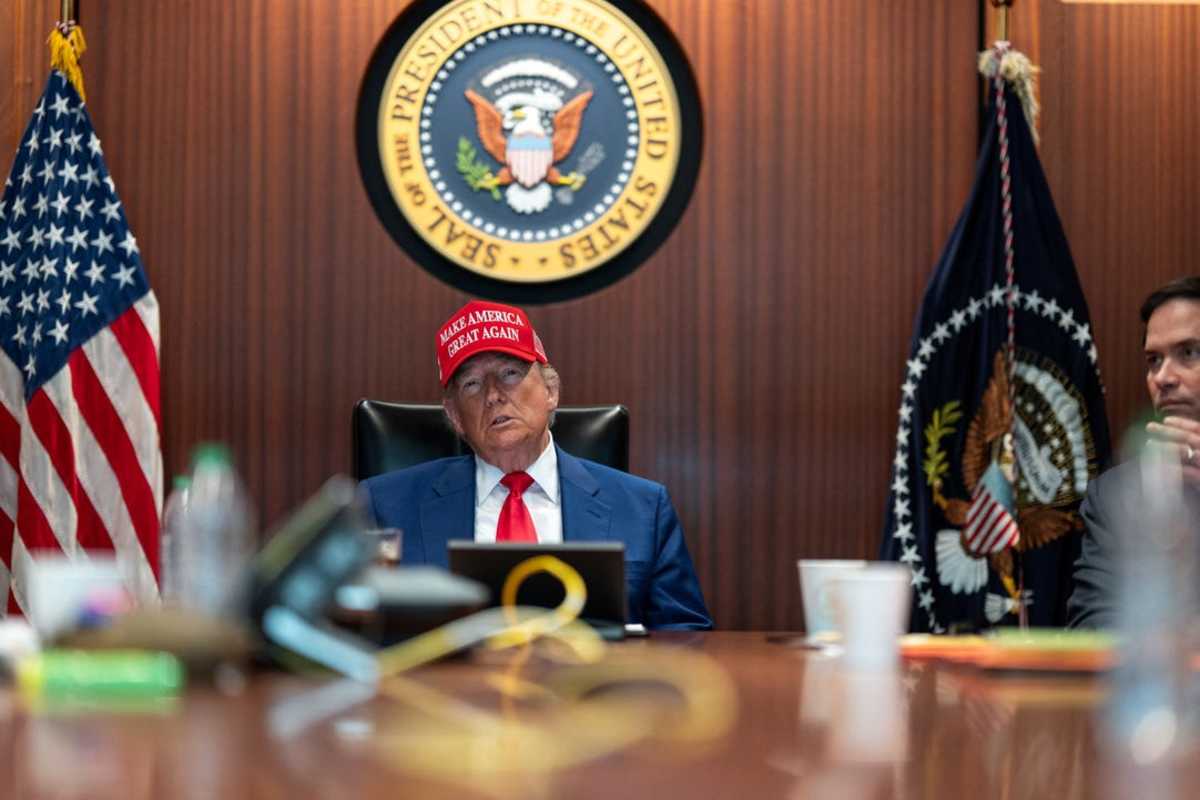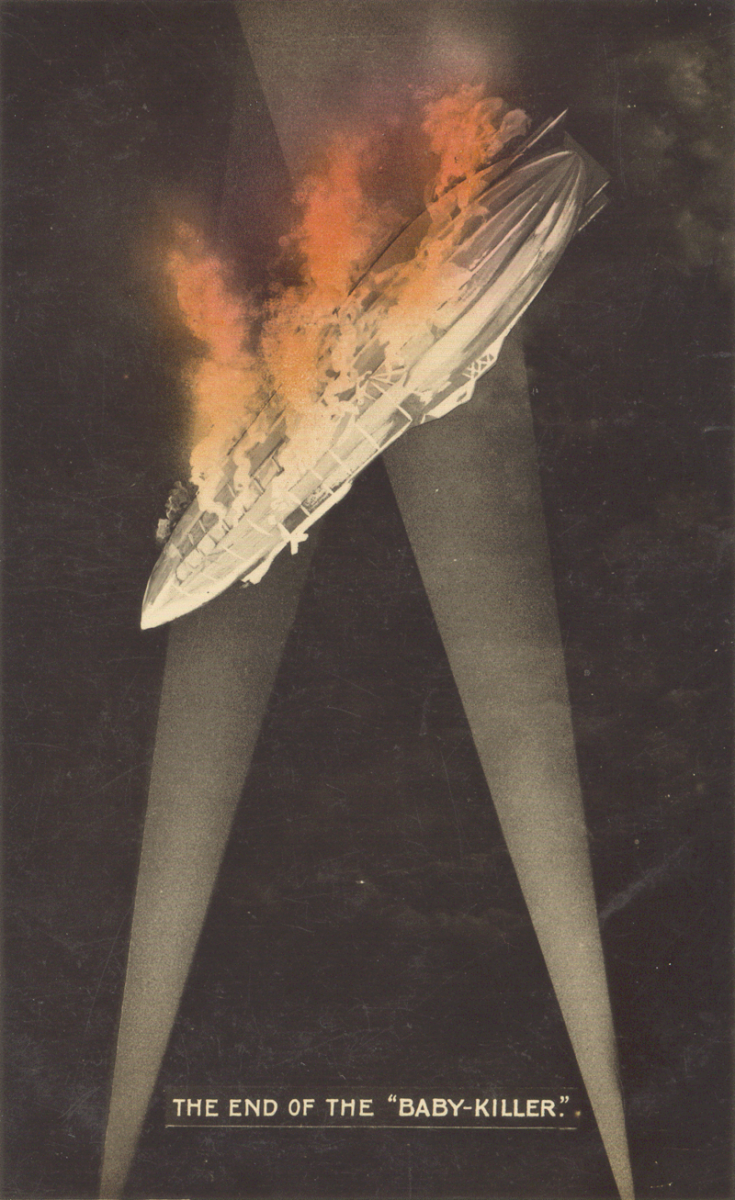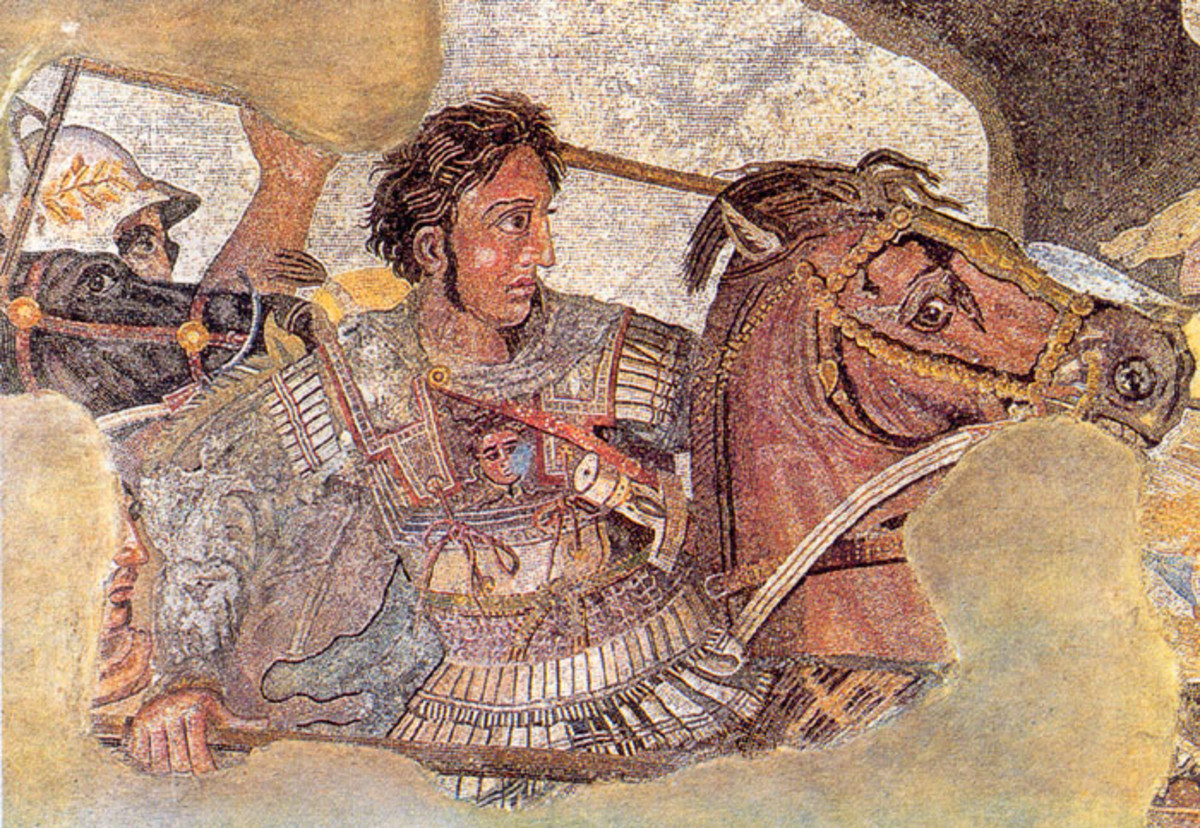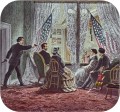- HubPages»
- Books, Literature, and Writing»
- Books & Novels»
- Nonfiction»
- Biographies & Memoirs
The start of the Cold War, Berlin 1961
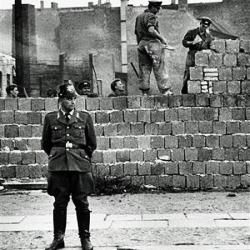
Egos can be the most dangerous weapons
Chances are if you were born after 1970 you grew up with the Berlin wall as a natural outcome of WWII with the rivalry of major super powers occupying a single city. However, did you know that it was over 16 years before the wall went up? In fact Berlin was an incredibly open city with a tremendous number of East Berlin residents peacefully commuting to West Berlin each day. What caused this seemingly peaceful and even relationship to be upended with a wall almost a hundred miles long? That is the story of the book Berlin 1961, a fascinating story of misunderstandings, egos, and politics.
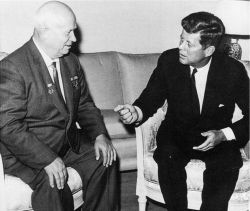
A single misstep could have led to the death of millions
This story starts far earlier than the end of the war when the United States decided to let the Soviet Union make the final push through Berlin to end the war. Those final days of fighting were some of the most costly to the Soviet Union who lost upwards of 70,000 soldiers just taking that final city, perhaps a leading reason why the US did not insist on that particular honor. Therefore, while after the war the key main super powers (England, France, Soviet Union and the United States) all shared power over Berlin, all the surrounding area was controlled by the Soviet Union. While the countries seemed to be friends, or at least allies during the war with the United States providing unbelievable quantity of war material to the Soviet Union, once the atomic bomb was used old rivalries reared its ugly head. There was this fear in the Soviet Union that if the United States had this tremendously powerful weapon there was no stopping them from taking over the rest of the world. This only got worse with NATO, which banded together numerous countries without Soviet Union involvement. This led to a very acrimonious working relationship between the largest super powers and was most apparent in Berlin where they were supposed to work closely together.
The first major test came when the Soviet Union was building its Eastern European block of allies and wanted to add all of Berlin to their mix. They thus closed all land routes into Berlin to all supply vehicles, in essence, started a blockade of the Western side of Berlin to try to encourage the populace to rise-up and move toward the Soviet Union as their leaders who could support them through the cold winter. Only through tremendous show of strength and creativity did the US successfully supply Berlin for over 18 months through a means that was believed to be impossible, an airlift. This airlift, which later led to the candy bombers, showed both the commitment and strength by witch he United States was willing to go to support their section of Berlin and keep it free of communism. After more than 18 months of having supply planes land every 90 seconds every hour of every day, the Soviet Union finally relented and opened up the land routes through their territory for supply vehicles. The United States won the test of wills, at least initially.
Yet Khrushchev was facing more pressures inside the communist party, first from Mao in China who continually challenged how Khrushchev was working with the west as well as the mayor of East Berlin who was seeing the west prosper while the east continued to wallow in poverty. He sent signs that he was trying to improve East-West relations, yet at the same time had to appear to be strong to his own communist block of countries and his own party. On the other side of the world you have a newly elected, youngest president in history, John F. Kennedy. He wanted to lead the country to change and was used to using his charm to help win people over. These were larger than life players, one an experienced master politician who led his country for years, the other a youthful inexperienced and untested leader. They both were trying to do what they thought was best for their country however in retrospect it turns out based on limited and sometimes incorrect information on the other's motivations or intentions.
One of Kennedy's biggest fears was that an issue as small as a small city in Germany could lead to WWIII, and this time the weapon of choice would be thermonuclear weapons killing in the tens of millions. What is interesting to note, was he was the first to encourage a wall splitting Berlin down the middle as a way of reducing tensions. The idea was that if poor and controlling east, could not see prosperous and free west, it would be less taunting to those communist leaders. Interestingly enough, that is in essence what happened. Before the wall there was a tremendous exodus from east to west everyday of workers who decided to find a better life in the west, especially well educated workers. The freedom and wealth of the west made the work of the communist propaganda leaders quite difficult as they attempted to show capitalism as a hedonistic society that could never survive economically. The wall eliminated those temptations and visual reminders, instead sealing in the communist way of life without outside influence.
While politically the wall might have been an advantageous idea, to the people it caused pain and suffering. Families who spent the night in east vs. west on that fateful night were now separated for the next 3 decades sometimes only able to communicate with signs while standing on cars on either side of the wall. A free city that was supposed to be ruled by 4 countries, was now divided in half and with the wall gave the Soviet Union tacit approval to punish the Berliners as they saw fit for the war that cost so many lives. Luxury items that used to come from the west each day were immediately halted causing shortages of basic items and the extinction of many luxury food items. It was not an easy time to live in East Berlin.
Berlin 1961 is a fascinating book of characters and action that will bring chills down your spine. When the realization not only of how close we went to nuclear war, not once but several times sets in, one can not help but feel a cold wave of fear. Even more alarming is the shattering of any illusion of how well informed a government must be when you learn how in 1961 the President of the United States got information from every possible source including a friend of a friend of a friend. This is the information that led to major country decisions? The horrifying truth is that so much of the animosity that was created in 1957-1961 might have been avoided with open conversation. Frederick Kempe brings this period of time to life in this fast paced interesting and sometimes horrifying view of world politics at this time.
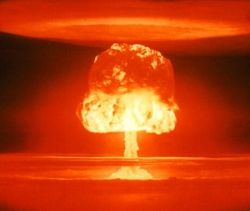
What this means to us now
The threat of nuclear war has actually increased in recent years with more countries having nuclear devices and those countries having governments of varying degrees of stability. Specifically we are seeing threats from former Soviet Bloc countries and of course the Middle East specifically Iran. In the past few months Iran has been coveting nuclear capabilities theoretically for research and power generation but without any verification and given their past history it looks highly likely they are working to build nuclear weapons.
The fear of course is now just like 1961, ego is just as much of a factor when a nuclear equipped country feel like it is being threatened or insulted (and this includes western nations as well). In 1961 messages were sent from one world leader to another via intermediaries of questionable loyalty and skills. Sometimes one could not even be sure they were dealing directly with their counterpart. Today with a constantly connected world, everything is played out on the world media. Countries posture and threaten in a much more public way knowing that public opinion can be harnessed in real time with facebook or twitter protests with very real impacts on government policy.
The world has not seen a world war in over half a century the likes of which we saw in WWI or WWII, wars that killed millions and affected virtually every person's life on the planet. I fear that with a new generation of leaders and constituents who have not experienced those types of wars, we might be more complacent to the potential impacts. Nuclear stalemates with more than a dozen nuclear equipped countries pose very real dangerous consequences. We must hope that we can take the lessons of 1960s and apply them to a new world where there is no lacking in countries with nuclear weapons.

My Favorite Quotes
"No matter what kind of war breaks out--conventional or thermonuclear--we'll win. We may lose more than three hundred million people. So what? Was is war." -- Stalin to Khrushchev on the possibility of war with the United States
"I never met a man like this. I talked about how a nuclear exchange would kill seventy million people in ten minutes and he just looked at me as if to say, "So What?" My impression was he just didn't give a damn if it came to that. -- President Kennedy about Khrushchev
"God made a great mistake to limit the intelligence of man but not his stupidity" Adenauer de Gaulle
Q. What nationality were Adam and Eve?
A. Soviet
Q. How do you know?
A. Because they were both naked, had only an apple to eat, and thought they were in paradise
-- Joke told by Khrushchev during a famine in the countryside
"The events and the decisions of the next ten months may well decide the fate of man for the next ten thousand years...And we in this hall shall be remembered either as part of the generation that turned this planet into a flaming funeral pyre or the generation that met its vow to 'save succeeding generations from the scourge of war.'" - President Kennedy
